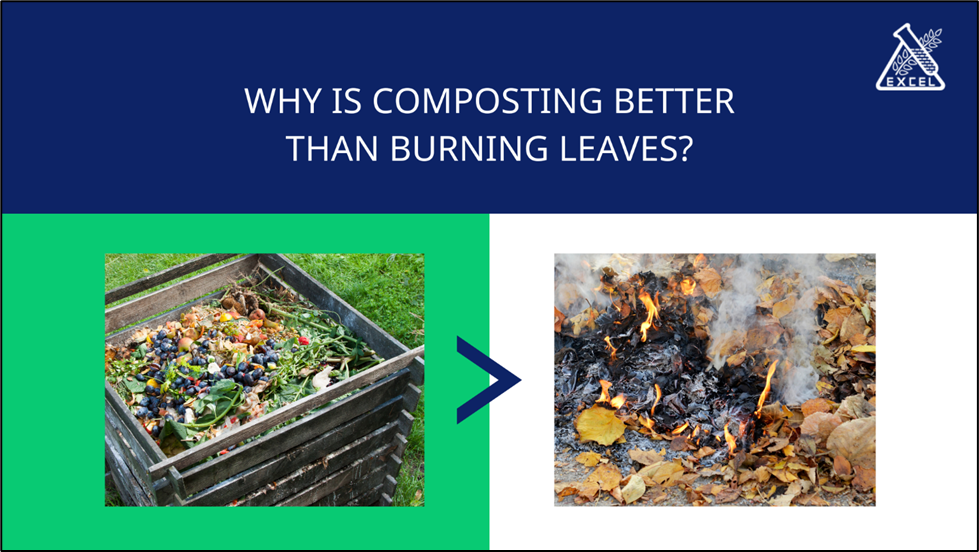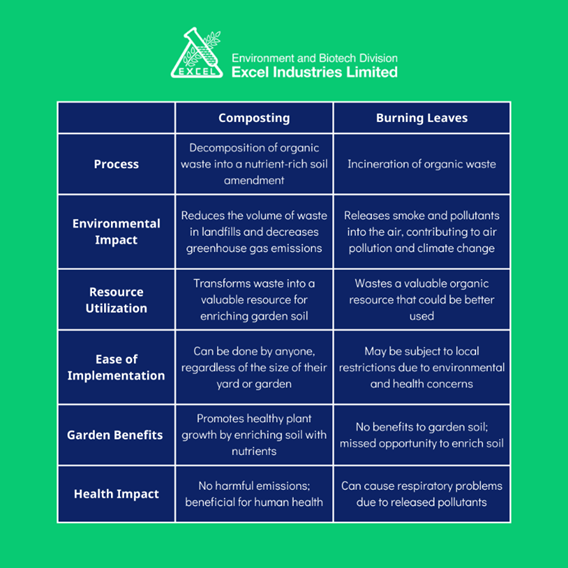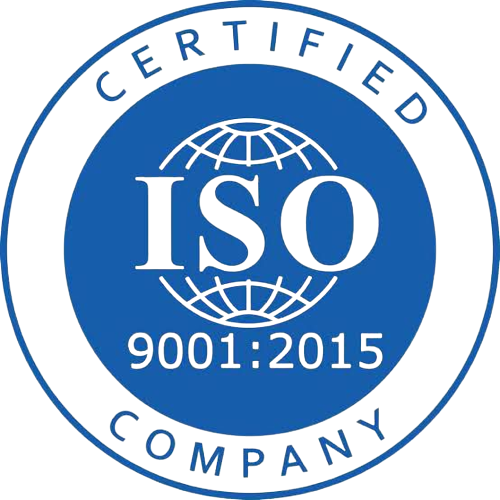
Introduction
With the escalating global population, waste management has become a profound challenge that necessitates immediate attention. Every year, billions of tons of waste are generated, much of which end up in landfills or incinerated, causing significant harm to the environment. Amidst these pressing issues, the importance of managing solid waste effectively cannot be overstated. One significant component of solid waste that’s often overlooked is leaf waste. If you’ve ever wondered what to do with the piles of leaves that gather in your yard each fall, you’re not alone. Many people resort to burning their leaves, but there’s a more sustainable and beneficial alternative: composting. Composting is the process of decomposing organic matter—like leaves—into a nutrient-rich soil amendment, often called “black gold” by gardeners. The benefits of composting extend beyond your garden, contributing significantly to global sustainability and environmental health. Let’s delve deeper into the question: why is composting better than burning leaves?
Composting vs. Burning Leaves

When it comes to leaf disposal, both composting and burning may seem like viable options. However, when you compare the two methods side by side, composting clearly stands out as the superior choice. The advantages of composting are numerous. Firstly, composting transforms organic waste into a valuable resource for enriching garden soil, promoting healthy plant growth. Secondly, it’s a process that anyone can do, regardless of the size of their yard or garden. And most importantly, composting is environmentally friendly, reducing the volume of waste that ends up in landfills and decreasing greenhouse gas emissions. In contrast, burning leaves has several drawbacks. It releases smoke and pollutants into the air, contributing to air pollution and climate change. Additionally, it’s a waste of a valuable organic resource that could be better used to improve soil health and fertility.
When it comes to leaf disposal, both composting and burning may seem like viable options. However, when you compare the two methods side by side, composting clearly stands out as the superior choice. The advantages of composting are numerous. Firstly, composting transforms organic waste into a valuable resource for enriching garden soil, promoting healthy plant growth. Secondly, it’s a process that anyone can do, regardless of the size of their yard or garden. And most importantly, composting is environmentally friendly, reducing the volume of waste that ends up in landfills and decreasing greenhouse gas emissions. In contrast, burning leaves has several drawbacks. It releases smoke and pollutants into the air, contributing to air pollution and climate change. Additionally, it’s a waste of a valuable organic resource that could be better used to improve soil health and fertility.
The Environmental Impact of Burning Leaves
Burning leaves is more harmful to the environment than many people realize. The smoke released from burning leaves contains a number of harmful pollutants, including particulate matter, volatile organic compounds, and carbon monoxide. These pollutants can cause respiratory problems in humans and animals and contribute to the formation of smog. Moreover, burning leaves contributes to climate change. The process releases carbon dioxide—a potent greenhouse gas—into the atmosphere, adding to the existing levels of CO2 and exacerbating global warming. Lastly, burning leaves degrades air quality, impacting not only human health but also the health of the ecosystem. It can affect local air quality so severely that many municipalities have enacted burn bans to limit the impact.
The Advantages of Composting with OWC Machines
While burning leaves poses environmental challenges, composting—particularly when done using an Organic Waste Composting (OWC) machine—offers a wealth of benefits. The OWC machine is a game-changer in composting leaves, creating a nutrient-rich soil amendment that can dramatically improve your garden’s health. The compost produced is rich in essential plant nutrients such as nitrogen, phosphorus, and potassium. Composting with an OWC machine also plays a key role in reducing greenhouse gas emissions. When organic waste decomposes in a landfill, it emits methane, a greenhouse gas that’s 25 times more potent than carbon dioxide. By composting with an OWC machine, this process is prevented, resulting in a significant reduction in greenhouse gas emissions. Additionally, the compost produced by an OWC machine enhances soil health. It improves soil structure, boosts water retention, and encourages the growth of beneficial microbes. This leads to increased crop yields and more resilient gardens.
How to Compost Leaves with an OWC Machine
Composting leaves using an OWC machine is a simple and straightforward process. Here are the steps:
1. Gather your leaves into a pile and if possible, shred the leaves to facilitate the composting process.
2. Feed your leaves into the OWC machine. Aim to maintain a balance of green materials (like vegetable scraps) and brown materials (like leaves) for optimal composting conditions.
3. Follow the manufacturer’s instructions for operating your OWC machine. Regular operation will speed up the composting process and ensure even composting.
4. Using the curing system, convert your raw compost into a rich, ready-to-use compost.
Remember, successful composting with an OWC machine requires a balance of green and brown materials, sufficient moisture, and regular operation. Following these tips will help ensure a successful composting process. Start your composting journey today with an OWC machine and contribute to a more sustainable future!
Conclusion
In conclusion, composting is a superior option to burning leaves, both for your garden and for the environment. It produces a valuable soil amendment, reduces greenhouse gas emissions, and improves soil health. By choosing to compost rather than burn leaves, you can play a part in addressing global waste management challenges and promoting sustainability. So the next time you’re faced with a pile of leaves, consider composting them instead of burning. Your garden—and the planet—will thank you.

